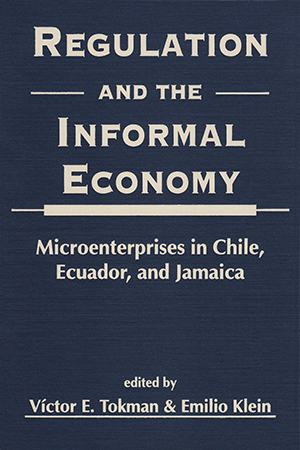
- 1995/211 pages
Regulation and the Informal Economy:
Microenterprises in Chile, Ecuador, and Jamaica
The extent to which the regulatory environment in developing countries influences the characteristics and growth potential of the urban informal sector is an issue much debated today, in large part because of its strong association with policy measures. Of particular concern is the effect of regulations on microenterprises, in terms of both "start up" and the capacity for expansion. This book demonstrates that regulations are not in fact perceived by entrepreneurs as a constraint to initiating microenterprises; nor does compliance seem to present significant operational problems.
The authors draw on surveys and in-depth interviews within the informal sectors of Chile, Ecuador, and Jamaica—countries with differing regulatory frameworks and a diverse degree of law enforcement. They find that compliance with legal requirements increases when an enterprise requires visibility in order to grow; when there is a strong enforcement capacity; and when the benefits derived from registration outweigh the costs, particularly when compliance allows easier access to productive factors.







